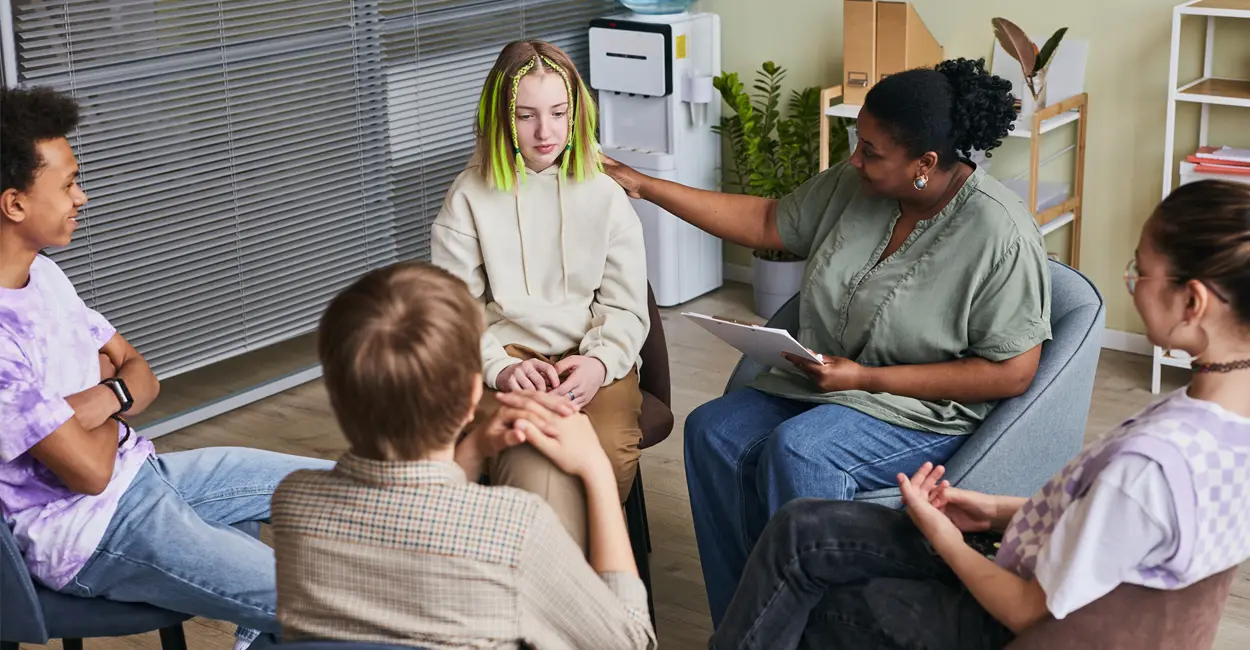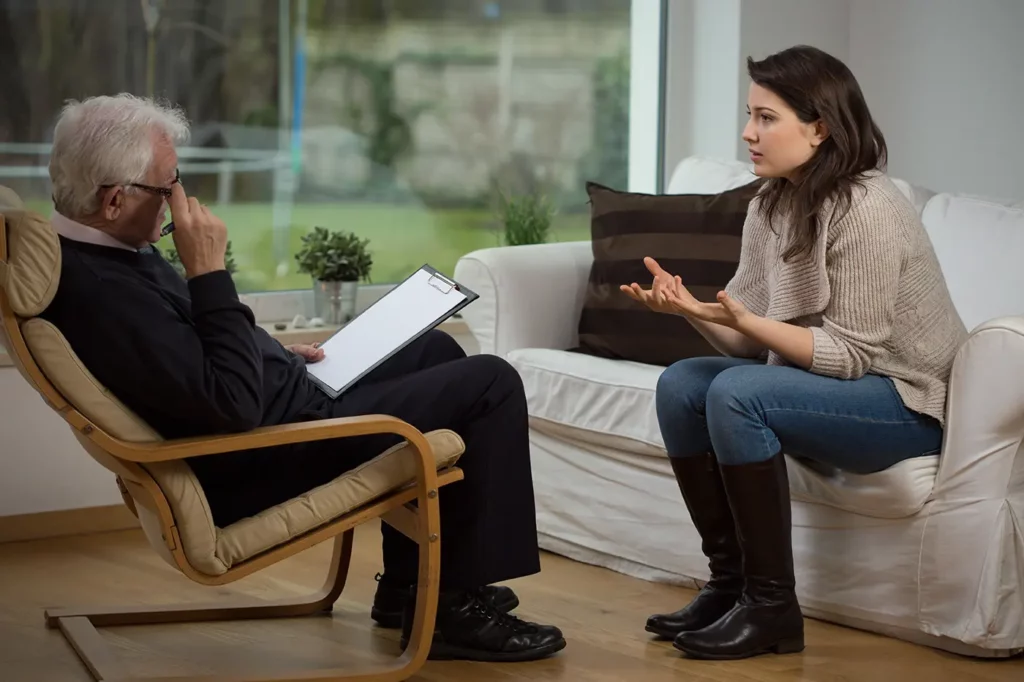24/7 Helpline:
(866) 899-221924/7 Helpline:
(866) 899-2219
Learn more about Aftercare Support centers in Paulina
Aftercare Support in Other Cities

Other Insurance Options

Coventry Health Care

Sutter

UMR

Highmark

Meritain

MVP Healthcare

Ambetter

AllWell

CareSource

Regence

CareFirst

Ceridian

Self-pay options

United Health Care

Absolute Total Care

Optima
Beacon

Excellus

Providence

Sliding scale payment assistance












